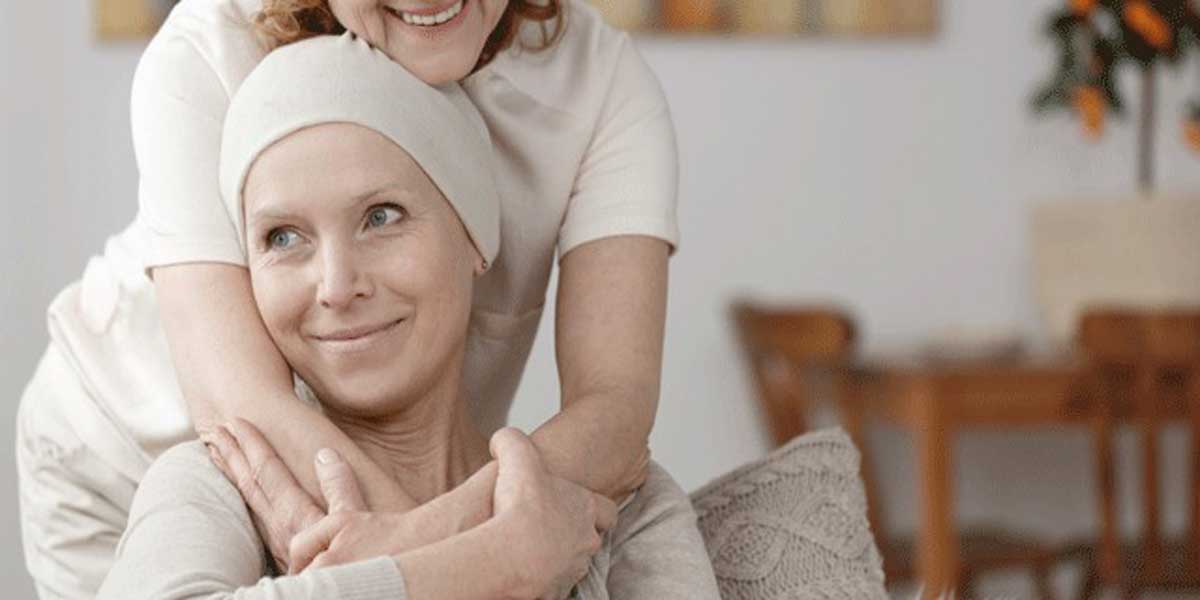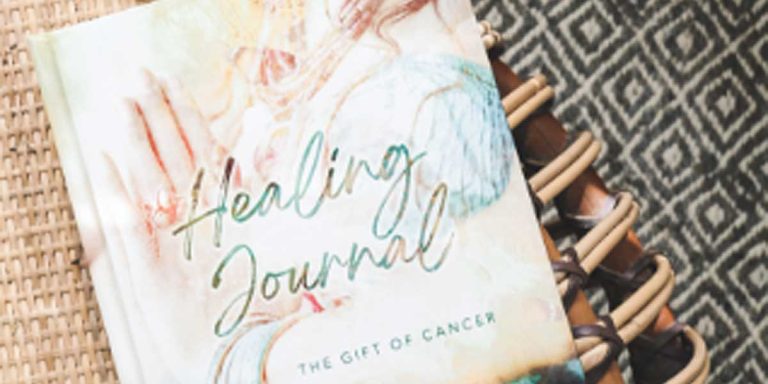Nearly every day someone shares with me that a friend of theirs has just been diagnosed with cancer. Nearly⊠every⊠day. The incidence of cancer are extraordinary with one in two people contracting this insidious disease before the age of 85. But that is a conversation for another day.
I am not sure quite how it happened but seemingly overnight I have become a bit of cancer confidant with friends reaching out to ask how they can support someone with cancer. I guess as a two-time survivor of breast cancer I am as well equipped as the next person to offer a few words of advice.
I will premise what I am about to share with a caveat that there are a wide variety of cancers, a vast range of diagnoses, a multitude of treatment paths and a plethora of ways in which people might respond to the words âYou have cancerâ and their corresponding treatment regime. As humans, we are complex beings and it would be naĂŻve to expect that any two of us might have a similar experience journeying with cancer.
Four Common Themes in Cancer Patients
1 A cancer diagnosis is just about the scariest thing that one could experience. I know for me, it was the first time in my life that I felt completely out of control. Most of lifeâs circumstances are manageable with a few action steps or a change in our perception but having rogue cancer cells growing inside your body is quite another level of fear and uncertainty. It was the first time where I felt completely out of control and at the mercy of the medical fraternity to excise this disease from me.
2 Hearing the words âYou have cancerâ will send most people into a state of shock. I donât think anything could quite prepare someone for those words or the merry-go-round of scans, tests, information and treatments that ensue. If you have a friend that has just been diagnosed with cancer, itâs a safe bet that their nervous system will be in overwhelm and their anxiety levels through the roof.
3 Cancer treatment is no walk in the park. Depending on the type and severity of cancer will determine the treatment regime offered by doctors. Whether itâs surgery, chemotherapy, radiation therapy or subsequent drug therapy, each intervention comes with discomfort, uncertainty and side effects. Some side effects can last for months and even years later.
4 Living with cancerâs ghost. Even after all the treatments are completed and life appears to have returned to normality most cancer patients live in fear of cancerâs ghost. Darker thoughts of cancer returning sit lurking in oneâs sub-conscious wondering whether youâre actually in the clear or doomed to have a repeat encounter. My second diagnosis was met with such disbelief.
How To Support Someone With Cancer
A friend recently said to me that she didnât know how to respond to her girlfriendâs recent diagnosis. She didnât know what to say (or not to say) or what to do. Not having had any experience with cancer herself, she felt frozen with fear that she would say or do the wrong thing and as a result, was doing nothing at all. She was more worried about getting it âwrongâ than showing up for her friend and doing something so right.
Confessions of a Cancer Patient
Going through cancer treatment a second time, was the hardest thing Iâve endured in my life. Returning again and again for chemotherapy infusions was like jumping in front of a train, knowing how much it was going to hurt. It was a horrific experience and one I wouldnât wish on my worst enemy.
Going through treatment, I felt desperately alone, vulnerable and afraid. My beautiful husband was there by my side every step of the way, but he was going through his own ordeal as he watched me fall apart. I had a cocktail of emotions swirling within me as my identity and everything familiar washed down the drain along with my hair.
I am a strong woman and choose to see the positives in life but feeling a relentless wave of nausea and having a constant reminder of my diagnosis looking in the mirror at my bald and ugly self was a lot to take in.
The Silver Lining
The silver lining throughout my treatment was the uniquely wonderful ways people showed their love and support for me. There were others that so dismally disappointed me in their silence, but thatâs a story for another day.
They say it takes a village to raise a child. I say, âit takes a community to support a woman through cancerâ. It is one hellish road and one you canât do alone.
I was so very grateful for the ways people reached out. Whether it was a phone call, text, email, card or gift. Every point of contact was so very well received. Every message an act of love that warmed my heart. The worst thing to do is nothing at all.
Three Ways You Can Help Someone With Cancer
It is pretty safe to assume that your loved one will be going through a range of emotions and trying to make sense of a plethora of new information. They may not be coping with it all and need your support.
1 Ask how they would like to be supported. It would be presumptuous of me to assume that everyone is like me and would desire the same support. Everyone will be experiencing cancer in their unique way as well as ways in which they would like to be supported. They may want lots of contact or they may prefer to be left alone. They may want to kick and scream and express their emotions or they might bottle it up inside. They might like to be showered with gifts, food and support or to have some solitude. No two people are the same and neither are their choices in support.
2 Hold space for them. It isnât your role to âfixâ anything. Chances are they will be experiencing shock and anxiety and will already have access to a range of services including counselling. They most likely need a friend to empathise and just listen, to hear how they are experiencing cancer and hold space for their emotions.
This is not an appropriate time to bombard them with opinions, platitudes and feelings that wonât serve their emotional wellbeing. Keep your own emotions in balance so you can be present for them.
3 Give nurturing gifts. Going through cancer treatment was a time of retreat for me. I just wanted to sit on the couch and feel sorry for myself. I wanted items around me that made me feel safe, comforted and supported. In many ways I created a healing sanctuary around me of beautiful things that cheered me up and made me feel loved.
Some of the best gifts I received were a soft lap blanket, essential oils for my diffuser, a special journal and pen for writing, non-scented candles, socks, soft bath robe, magnesium bath salts, a hand-made quilt, flowers, cards and hand-written letters.
Love and wisdom,
Cindy Scott
Author of the Healing Journal
www.healingjournal.co







